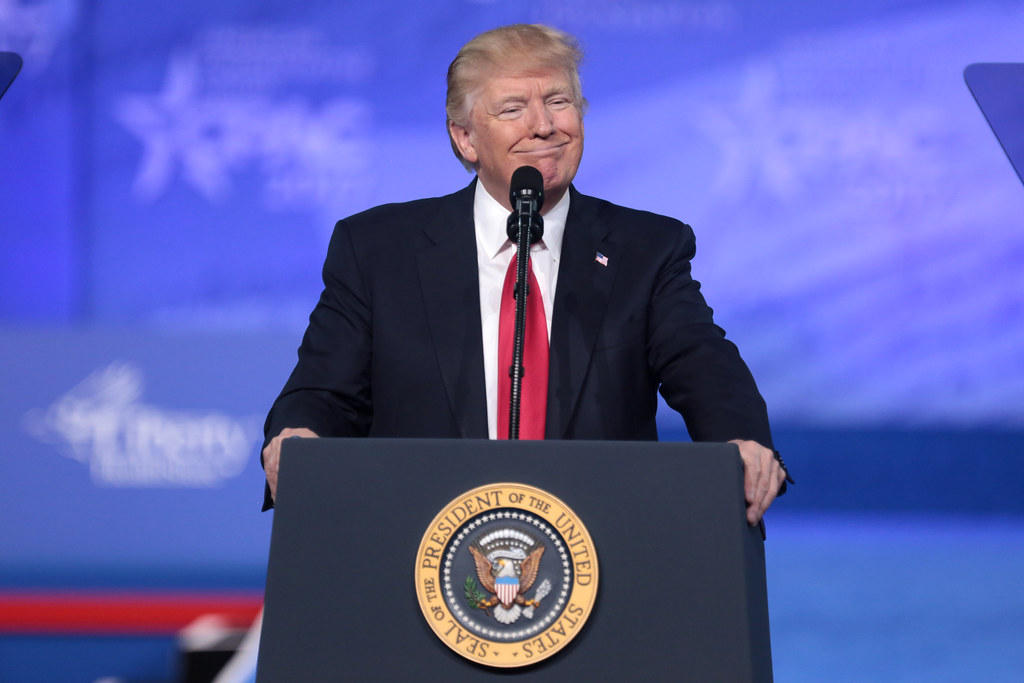The Trump 47 PAC, aligned with former President Donald Trump, has raised $7.5 million in various cryptocurrencies to support his presidential campaign, according to an October 15 filing with the Federal Election Commission. The contributions, collected between July and September, were made in popular cryptocurrencies such as Bitcoin, Ether, XRP, Tether, and USD Coin.
The cryptocurrency funding came predominantly from key figures and executives within the crypto industry. Significant donors include David Bailey, CEO of BTC Media Group, who donated $498,000, and Stuart Alderoty, Chief Legal Officer at Ripple, who contributed $300,000 in XRP. Gemini co-founders Tyler and Cameron Winklevoss each made substantial contributions of $1.1 million. Other notable donations came from industry leaders such as Chase Herro and Mike Belshe, showcasing the broad support from the crypto community.
Crypto Industry’s Political Engagement
The involvement of the crypto sector in U.S. politics has markedly increased, with substantial contributions being directed towards various political action committees (PACs) supporting different candidates and causes. The industry’s donations are not just limited to Trump 47 PAC; other entities like Right For America and Future Forward also benefit from crypto donations, with industry leaders making multimillion-dollar contributions across the political spectrum.
| Donor Name | Contribution Amount | Currency Type |
|---|---|---|
| David Bailey | $498,000 | Bitcoin |
| Stuart Alderoty | $300,000 | XRP |
| Tyler Winklevoss | $1.1 million | Various |
| Cameron Winklevoss | $1.1 million | Various |
| Chase Herro | Not specified | Various |
| Mike Belshe | Nearly $100,000 | Bitcoin |
| Gary Cardone | Over $840,000 | Bitcoin |
| Bruce Fenton | Not specified | Various |
Despite facing legal challenges, such as the SEC’s ongoing lawsuit against Ripple since 2020, the crypto industry continues to leverage its financial capabilities to exert influence in political circles. This involvement reflects the industry’s growing importance and its commitment to shaping regulatory and political landscapes favorable to its growth.
Given the increasing integration of cryptocurrency into mainstream financial systems, its role in political fundraising and campaigning is poised to expand further. This trend suggests a continuing reshaping of campaign finance, where digital currencies play a significant role in supporting candidates and influencing election outcomes.
The $7.5 million raised in cryptocurrencies by Trump 47 PAC highlights the significant financial impact and growing political influence of the crypto industry in U.S. elections. As digital currencies gain more acceptance and regulatory clarity, their incorporation into political and economic strategies will likely increase, signaling a shift towards more technologically advanced and financially diverse political funding mechanisms.










